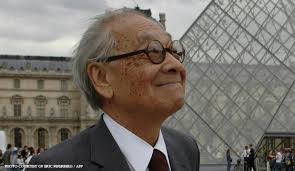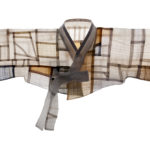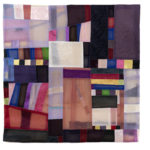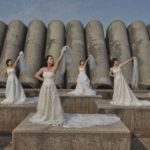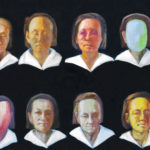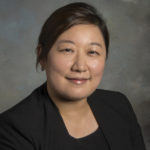
Associate Professor of Art History Suzie Kim
Associate Professor of Art History Suzie Kim presented during the “Rethinking Contemporary Ink Art Through Park Dae Sung” symposium at the Charles B. Wang Center on Oct. 18. Kim joined esteemed scholars and curators such as Jinyoung A. Jin, director of Asian art and culture at the Wang Center; Dartmouth College’s Sunglim Kim; the University of Cincinnati’s Jungsil Jenny Lee; and Peabody Essex Museum’s Jiyeon Kim. The presentation was previewed in an article titled “Reimagining tradition: Park Dae Sung’s ink art at the Wang Center” that ran in The Statesman. Read more.
